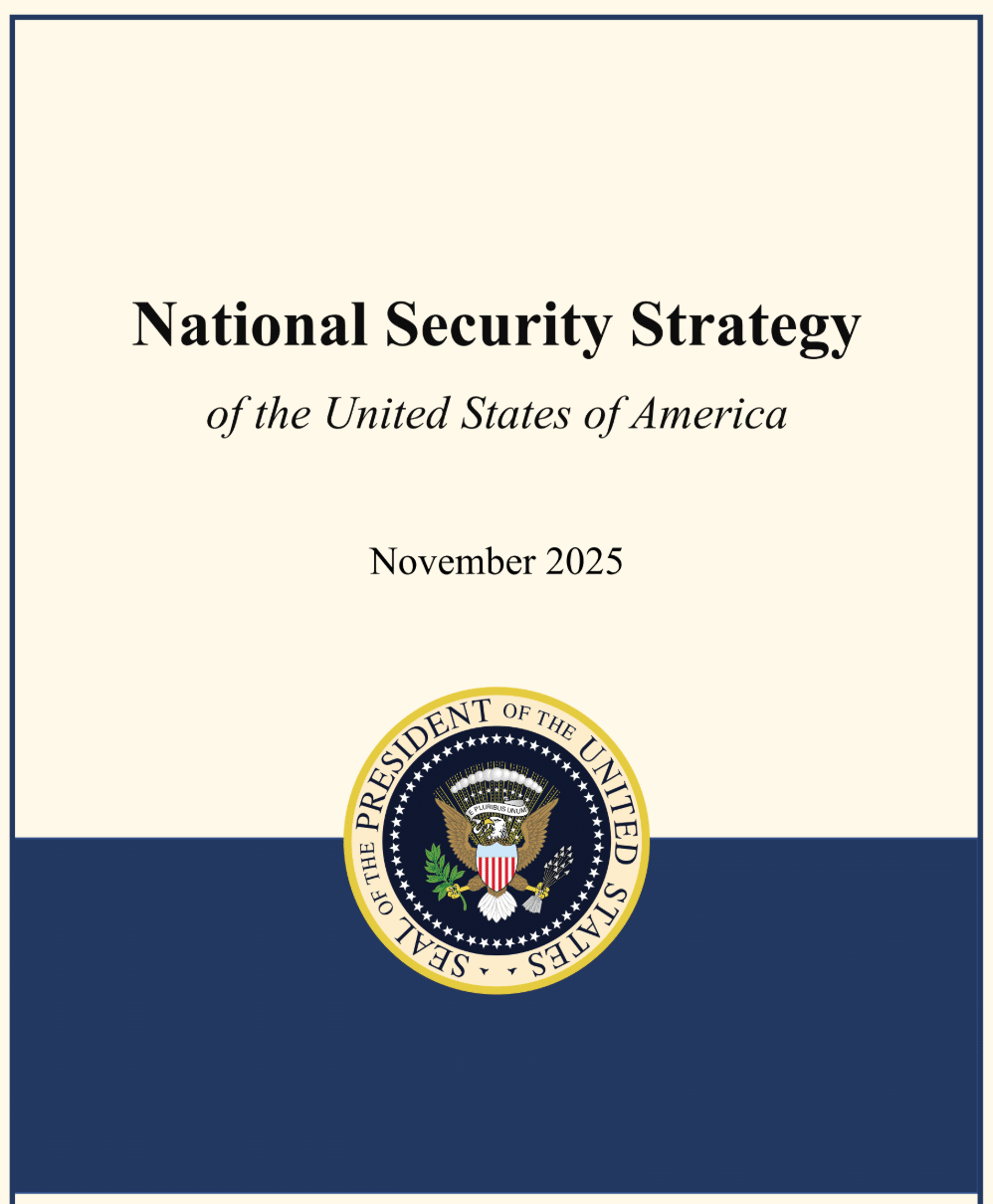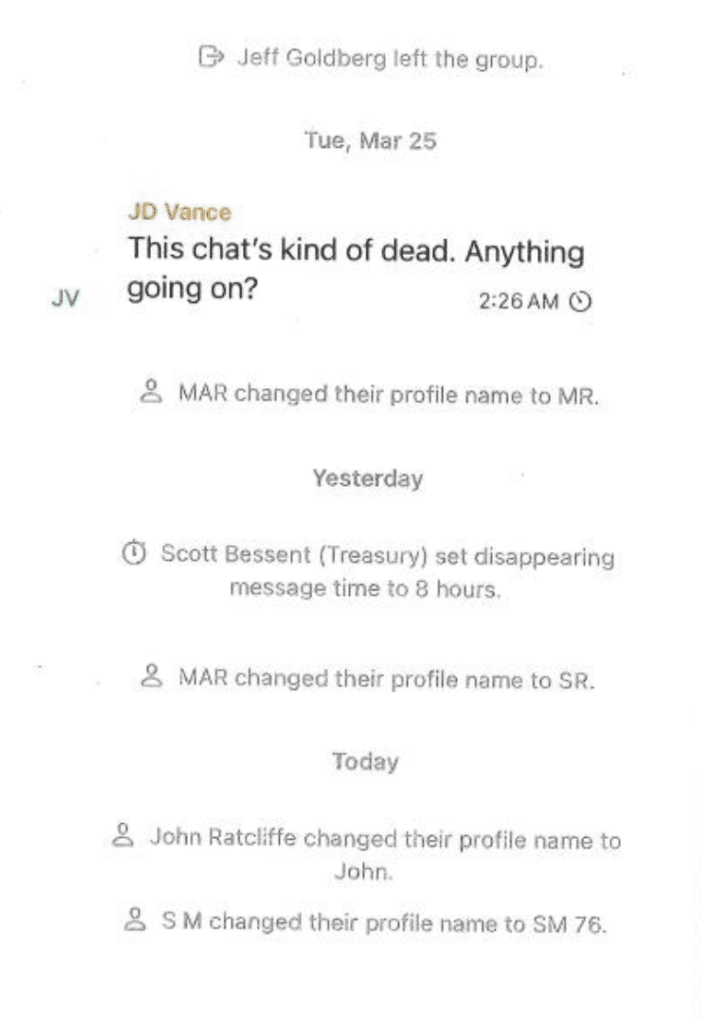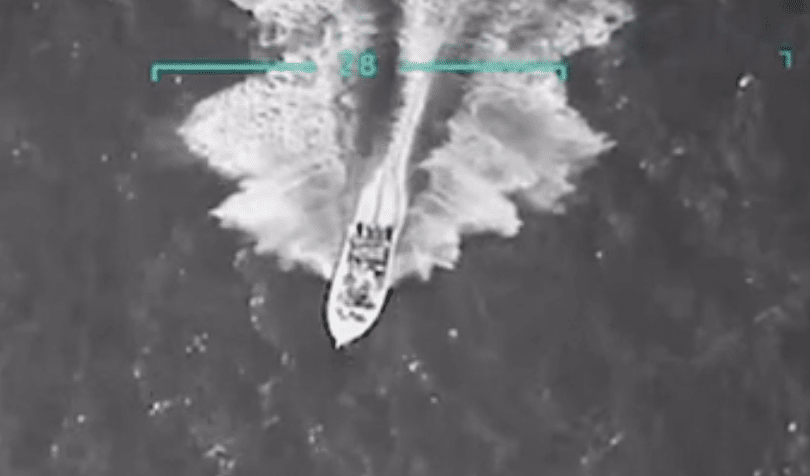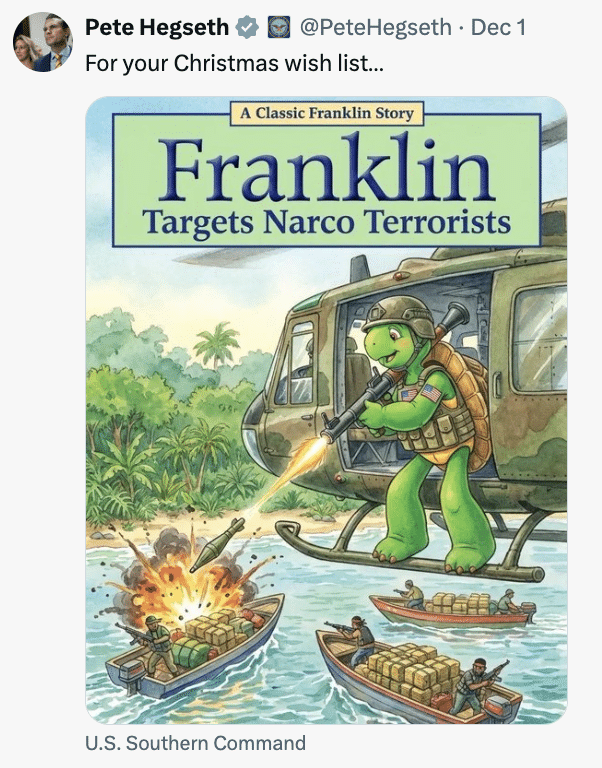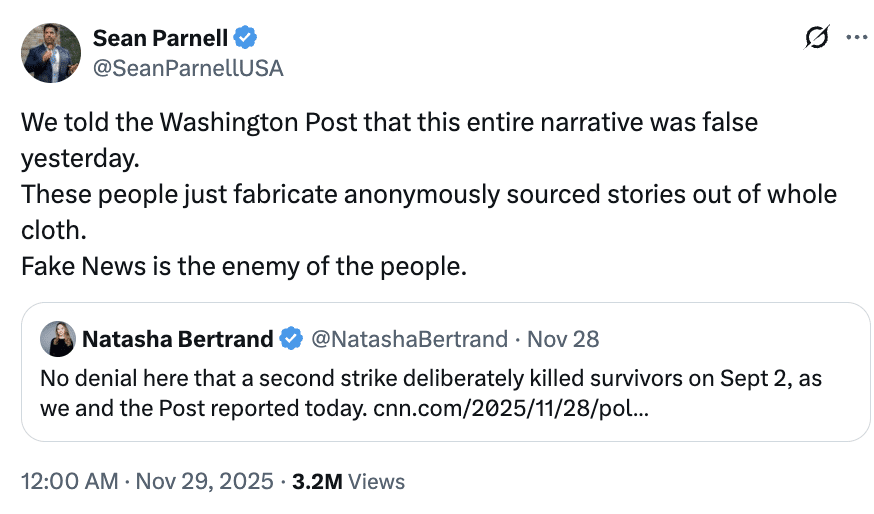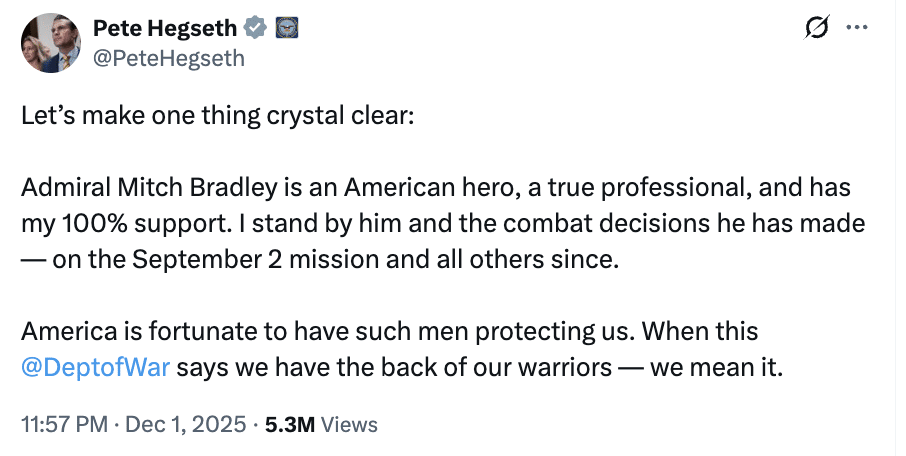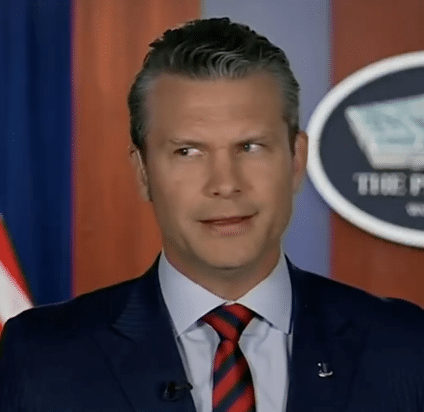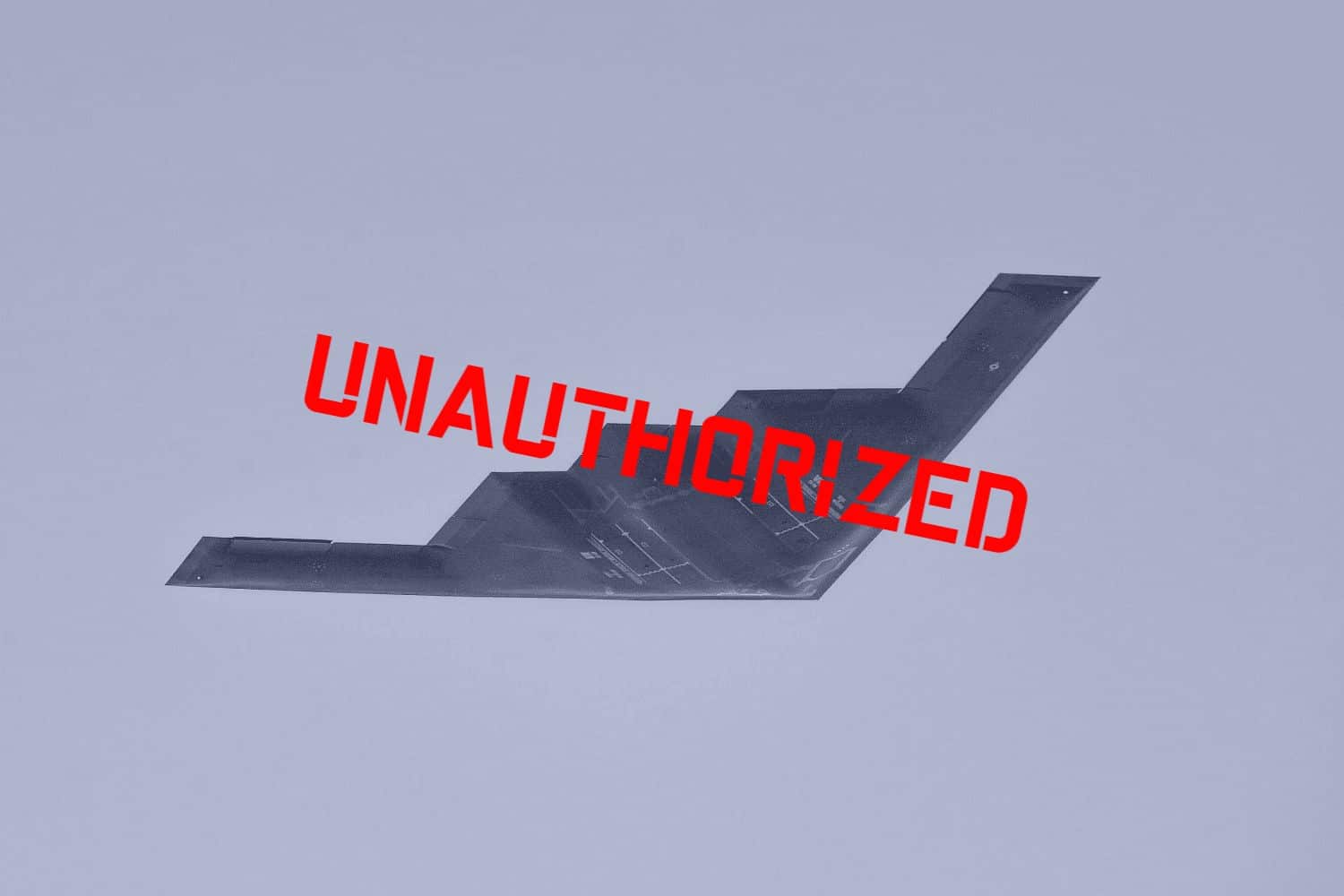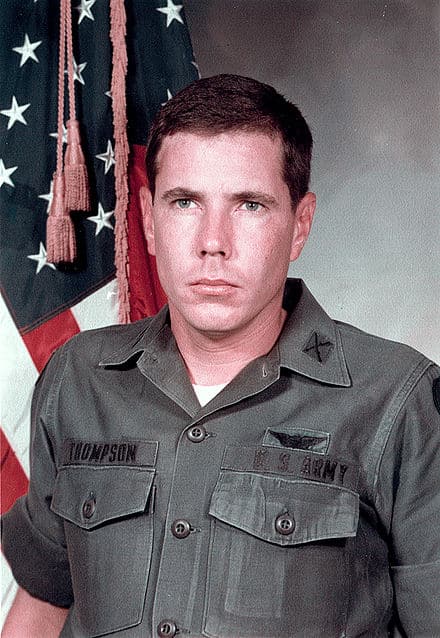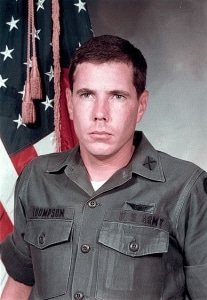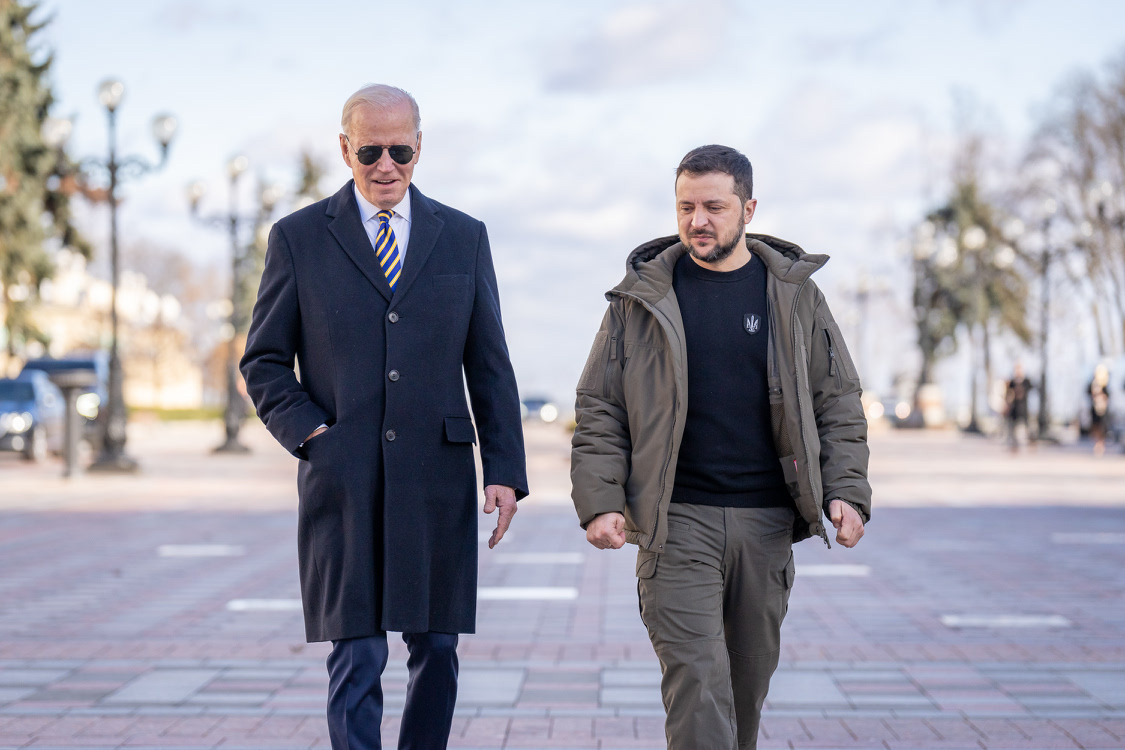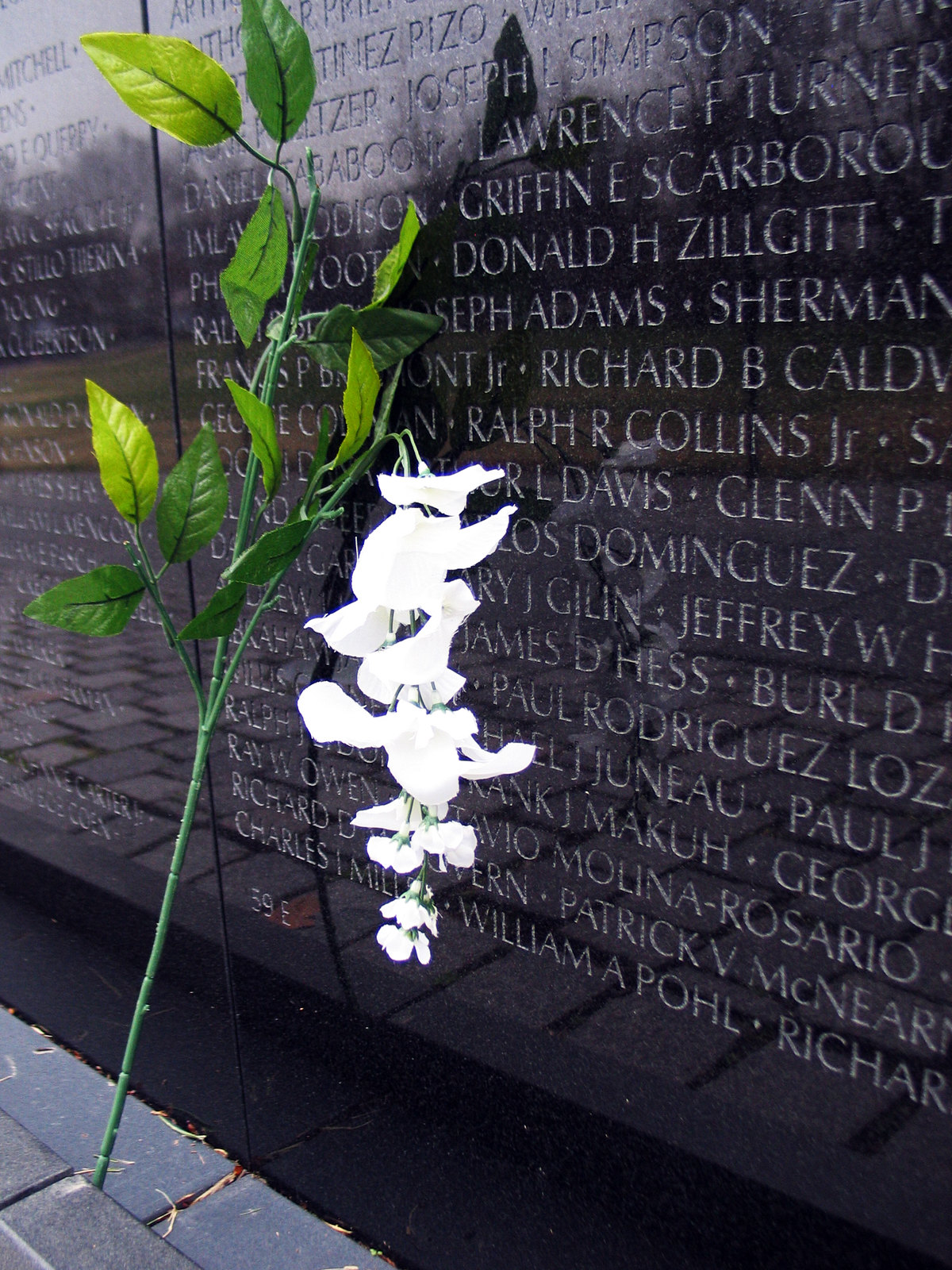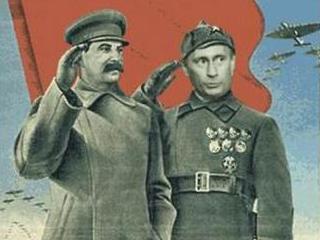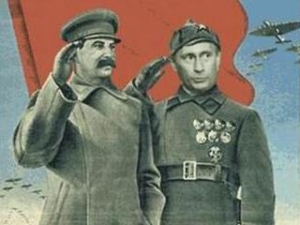The National Security Strategy’s Structure and Presumptions
Last week, the Trump Administration released the National Security Strategy that was dated from the month before.
In an effort to highlight how the Administration — no doubt led by Stephen Miller and his fascist allies — claims to have adopted a utilitarian foreign policy stemming from things called principles and based on wildly imaginary assessment of America’s current strengths, this post will lay out what is in it. (Note, the titles are links.)
Follow-ups will say more.
Pages 2-3: My fellow Americans
This is a letter from Trump bragging about what he claims his accomplishments since Biden left are. They include:
- Restoring borders (this does not explicitly talk about immigration)
- Kicking qualified trans service members and other “DEI” hires out of the military
- Making NATO allies pay 5% in defense costs
- Getting Congress to pay $1 trillion for a Golden Dome that won’t work
- Launching a trade war that has devastated soybean farmers, bankrupted many small businesses, and allowed China to acquire leverage by withholding rare earth products
- Attacking Iran’s nuclear facility and claiming the attack did more damage than it did (this makes no mention of the inconclusive attack on the Houthis or the murderboat strikes)
- Forcing Americans to prefer oil and gas over strategically smarter renewable energy
- Ending eight wars (he claims)
Among the things this letter does not mention is destroying USAID and America’s soft power, and obviously it treats some of the grave damage Trump has done with his trade war and attacks on science and universities as strengths.
Page 4: Contents
Pages 5-6: Ends over Values
Two pages describing that the US has been doing everything wrong since the Cold War, chasing “platitudes” (also known as values) rather than desired ends.
Pages 7-8: What Should the US Want
These two pages describe a bunch of things it claims the US should, normatively, want.
Just half of these are things Trump has actually pursued (and even there, some of Trump’s policies have gone beyond what Trump says is ideal):
- ¶3 Secure borders and controlled immigration
- ¶5 A lethal military in which everyone is proud of their mission
- ¶6 A Golden Dome
- ¶10 A reinvigorated American culture (code for white nationalism)
More than half of these are things Trump has affirmatively destroyed:
- ¶1 Continued survival of US sovereignty
- ¶2 Protect the country from human trafficking, foreign influence, propaganda, and espionage
- ¶4 “A resilient national infrastructure that can withstand natural disasters, resist and thwart foreign threat”
- ¶7 The most dynamic economy
- ¶8 A robust industrial base
- ¶9 Unrivaled soft power that “believe[s] in our country’s inherent greatness and decency”)
Page 9: What do “we” want from the rest of the world?
- A Trump corollary to the Monroe Doctrine
- Halt damage an unnamed China has done while keeping stability in Indo-Pacific and keeping shipping lanes free and supply chains secure
- Impose Stephen Miller’s idea of civilizational identity on Europe
- “[P]revent an adversarial power from dominating the Middle East, its oil and gas supplies, and the chokepoints through which they pass while avoiding the ‘forever wars’ that bogged us down”
- “[E]nsure that U.S. technology and U.S. standards—particularly in AI, biotech, and quantum computing—drive the world forward”
Note, this section parallels the discussion of regions, below, with the exception of laying out how the US will remain the standard-setter in the world by being an asshole and adopting crank conspiracies.
Pages 10-11: What are America’s means to get these ends?
This includes a list of things the US did have when Trump took over (I’ve italicized those which he has squandered, though there are others he is squandering):
- A still nimble political system that can course correct;
- The world’s single largest and most innovative economy, which both generates wealth we can invest in strategic interests and provides leverage over countries that want access to our markets;
- The world’s leading financial system and capital markets, including the dollar’s global reserve currency status;
- The world’s most advanced, most innovative, and most profitable technology sector, which undergirds our economy, provides a qualitative edge to our military, and strengthens our global influence;
- The world’s most powerful and capable military;
- A broad network of alliances, with treaty allies and partners in the world’s most strategically important regions;
- An enviable geography with abundant natural resources, no competing powers physically dominant in our Hemisphere, borders at no risk of military invasion, and other great powers separated by vast oceans;
- Unmatched “soft power” and cultural influence; and
- The courage, willpower, and patriotism of the American people.
It also includes a list of things that Trump thinks are good, which I’ve restated to reflect reality:
- “Instilling a culture of competence:” They’ve gotten rid of brown people and women who made them insecure
- “Unleashing our enormous energy production capacity:” They’ve forced America to stop competing in renewable energy
- “Reindustrializing our economy:” They’ve gutted the economy with tariffs
- “Returning economic freedom to our citizens:” They’ve exploded the deficit with tax cuts to oligarchs huge tax cuts while cutting the health care that drives the economy
- “Investing in emerging technologies and basic science:” They’ve destroyed America’s higher educational advantage and replaced it with state socialism
The strategy
Pages 12-15: Principles [sic]
This starts with a page of shite about Trump’s greatness. Then includes the following bullets:
- Focused Definition of the National Interest (Trump will ignore key parts of the world)
- Peace Through Strength (white nationalism)
- Predisposition to Non-Intervention (with excuses permitted for invasions of choice)
- Primacy of Nations (a nice way of saying they’ll gut international organizations)
- Sovereignty and Respect (in which the NSS protects projecting “free speech” demands into other sovereign nations)
- Balance of Power (China and Russia can extend their power so long as they allow America to do the same)
- Pro-American Work (claims utterly inconsistent with Trump’s catering to oligarchs)
- Fairness (code for making NATO, Japan, and South Korea pay more)
- Competence and Merit (White men should not have to compete with brown people and women, and especially should not have to compete with H1B holders)
Pages 15-19: Priorities
- The Era of Mass Migration Is Over: “Border security is the primary element of national security”
- Protection of Core Rights and Liberties: This is defined as “the rights of free speech, freedom of religion and of conscience, and the right to choose and steer our common govern,” but apparently does not include due process or similar rights for Europeans or the Anglosphere
- Burden-Sharing and Burden-Shifting: “The United States will stand ready to help— potentially through more favorable treatment on commercial matters, technology sharing, and defense procurement—those counties that willingly take more responsibility for security in their neighborhoods and align their export controls with ours.”
- Realignment Through Peace: The President will intervene everywhere and claim to have fostered peace
- Economic Security
- Balanced Trade
- Securing Access to Critical Supply Chains and Material
- Reindustrialization
- Reviving our Defense Industrial Base: We need to build drones in the US cheaply
- Energy Dominance (in oil, gas, coal, and nuclear, explicitly)
- Preserving and Growing America’s Financial Sector Dominance
Page 19: The Regions
A half page excusing largely ignoring key swaths of the world, as when you dedicate just a half page to Africa or mention Russia only in a section discussing Europe not as a place but a greatness to be imposed from outside.
Pages 19-23: Western Hemisphere: The Donroe Doctrine
- Enlist: Treat a swath of countries as agents insofar as they can help stop the movement of people and drugs
- Expand: Eight paragraphs on combatting “foreign influence” not named as Chinese, and three paragraphs imagining this can be driven by corporate investment
Pages 23-29: Asia: Win the Economic Future, Prevent Military Confrontation
- Leading from a position of strength: Asia has gotten strong through manufacturing and we will combat that with false platitudes
- Economics: the Ultimate Stakes: A claim that Trump’s disastrous trade policy will bring results the opposite of what have happened
- Deterring Military Threats: A lot of talk about deterrence, some in passive voice
Pages 29-31: Promoting European Greatness
These are the two pages attracting the most attention, and I will return to it. Note that Europe is not described as a place, like the other regions are. The only mentions of Russia (ten) are in this section, and Russia is defined as not-Europe (and therefore not addressed as a region at all).
Pages 31-33: The Middle East: Shift Burdens, Build Peace
This section claims the Middle East is no longer as important because it is not longer the dominant energy producer, and then explains that major conflicts (including radicalism) are no big deal anymore.
Half of page 33: Africa
Africa will not get aid. It will get investment and Trump claims of peace deals.

